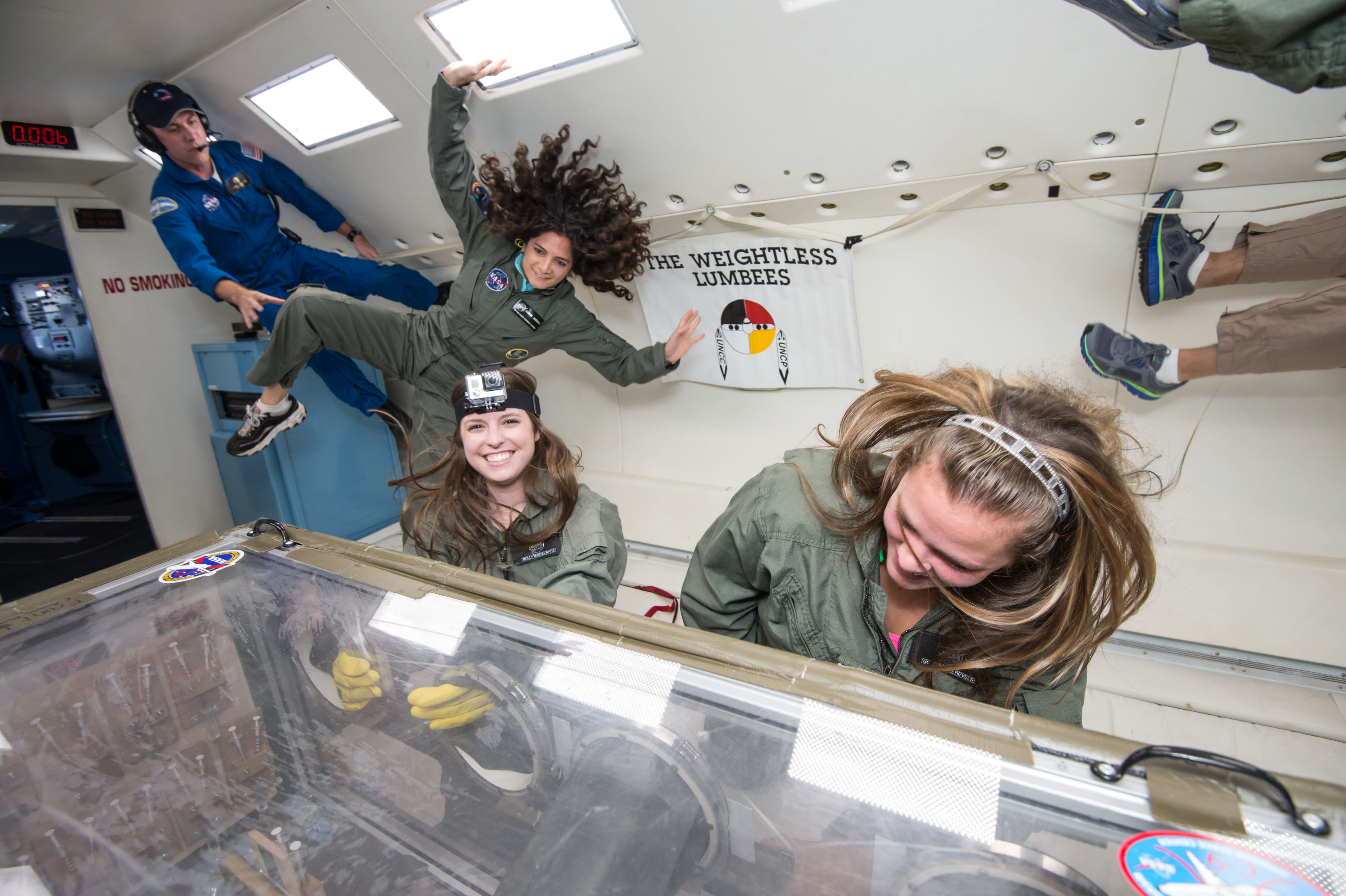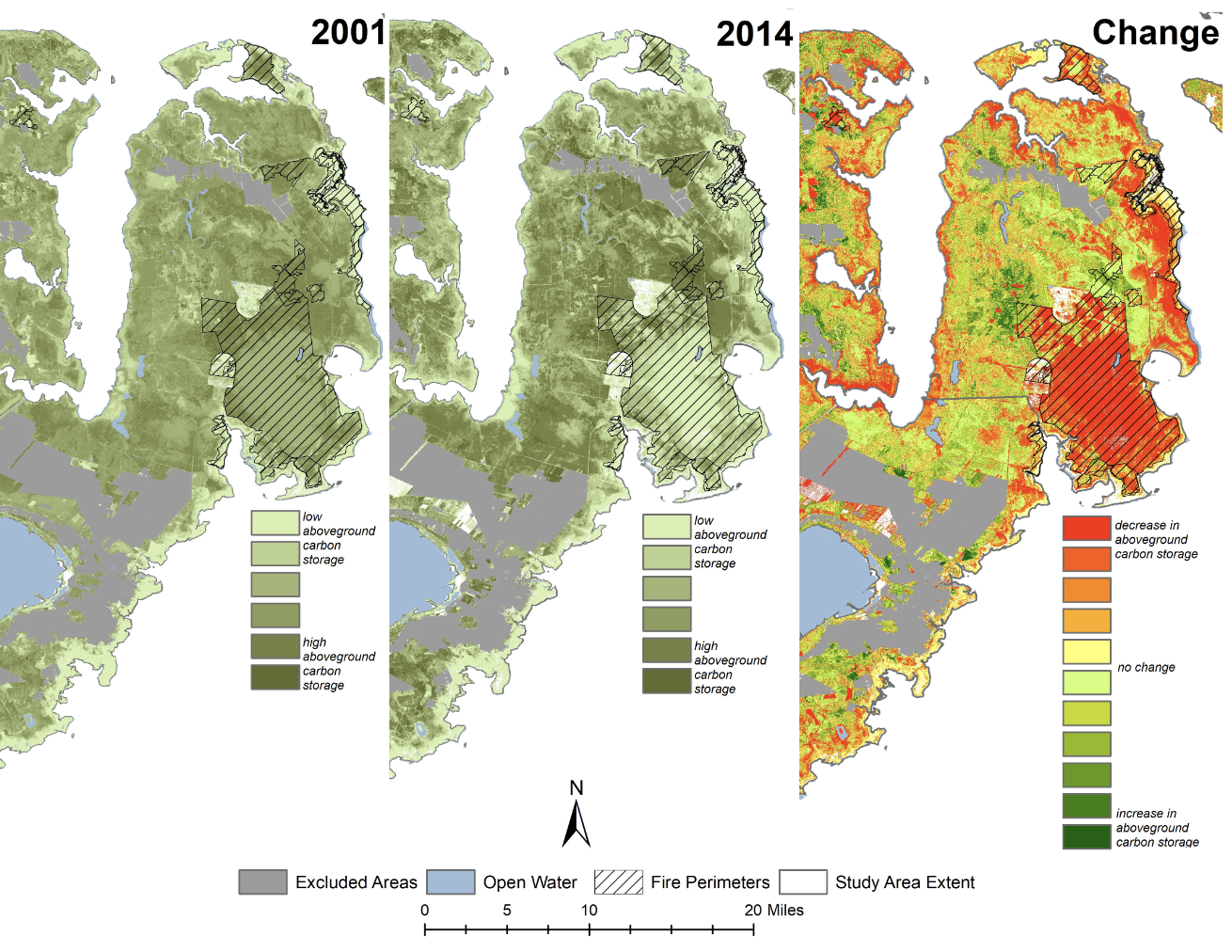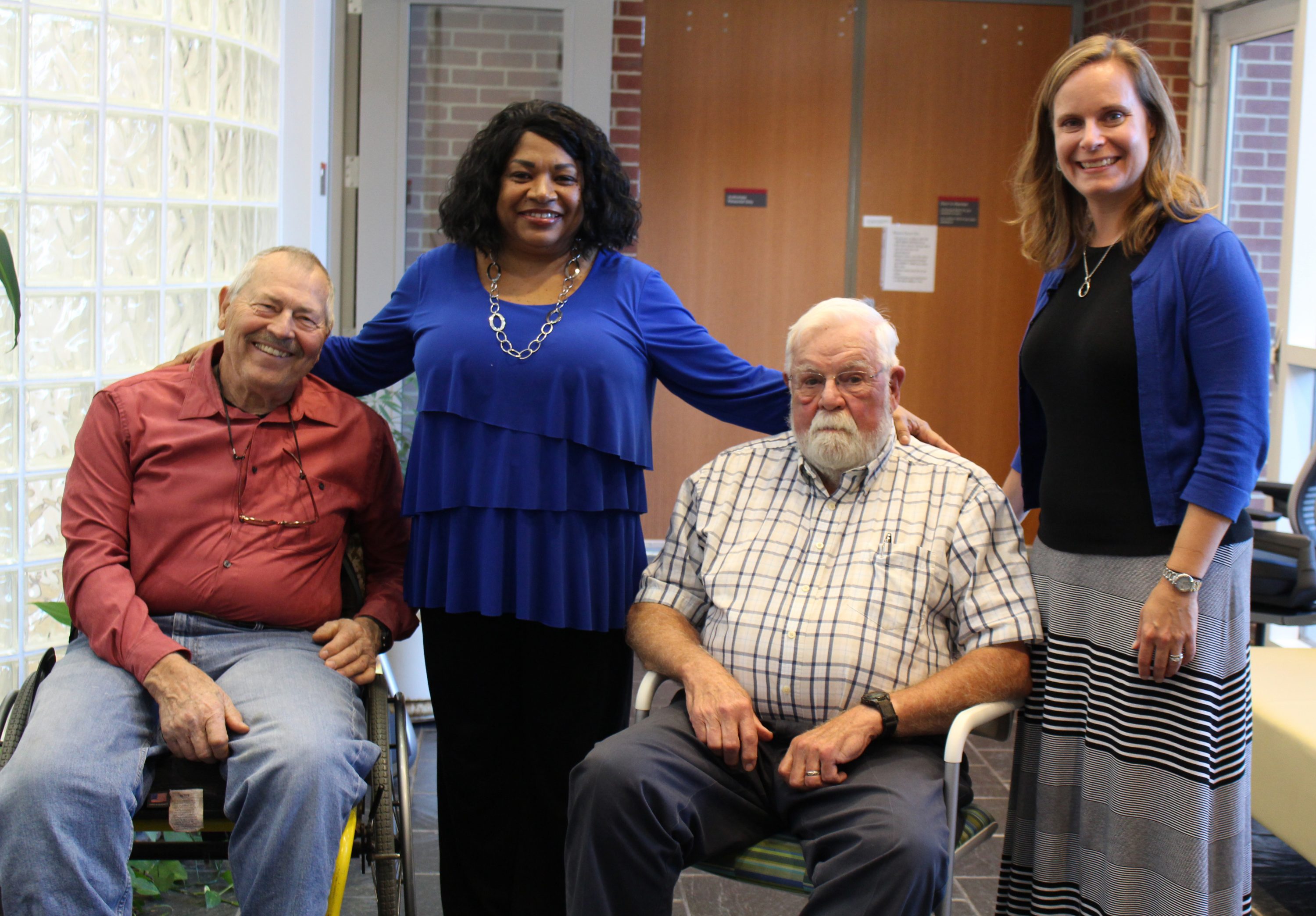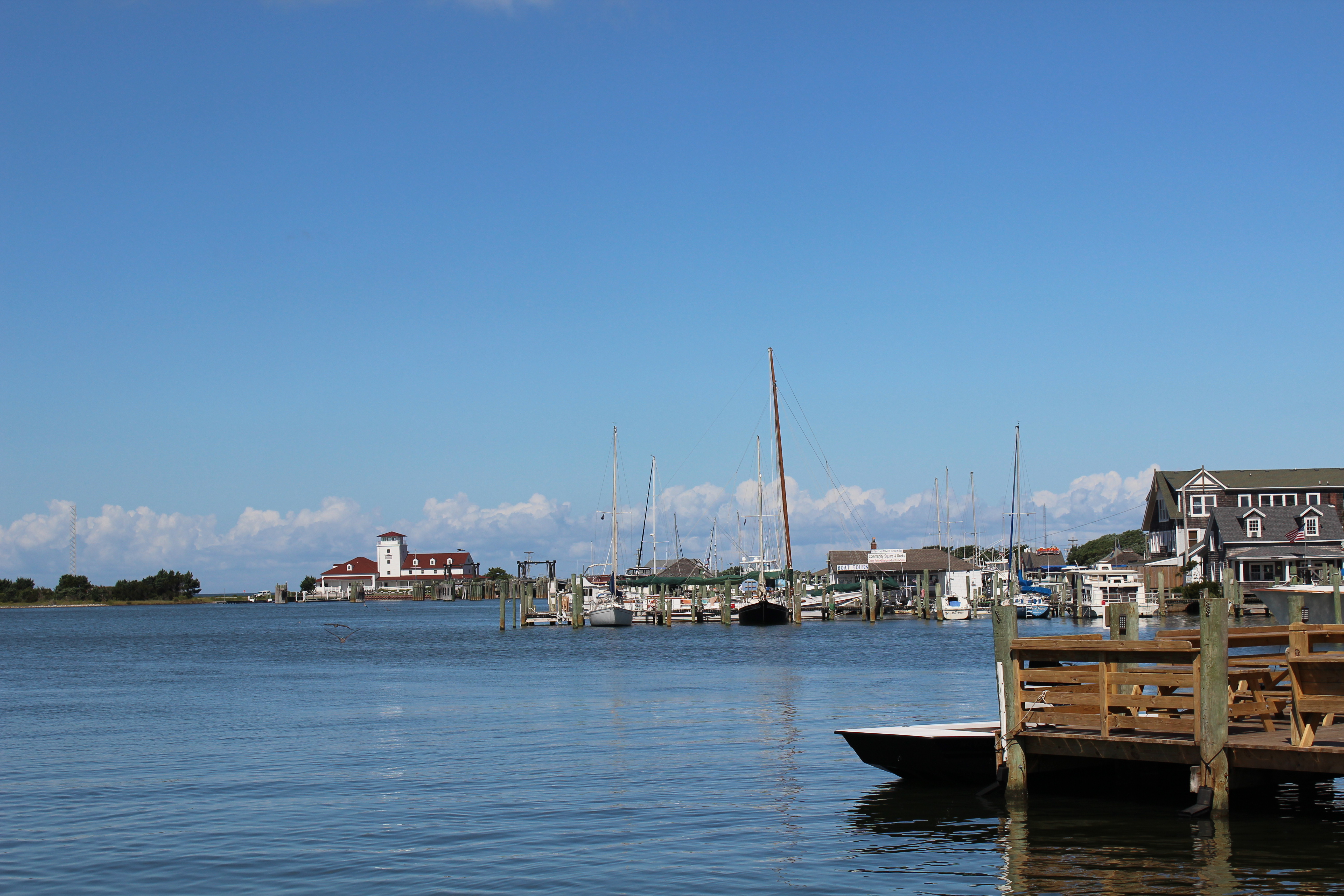EXPLORING NEW HORIZONS: Space Grant is on the Move

North Carolina Space Grant is launching efforts to strengthen current collaborations and to explore new horizons.
With Susan White as the program’s new director, strategic planning sessions are sparking opportunities for partnerships that include the National Aeronautics and Space Administration, along with researchers, students, educators and industry partners across the state.
“There are some very good themes that can make Space Grant stronger,” Anthony Calamai of Appalachian State University, a member of the program’s executive board, describes topics considered during recent discussions.
Formerly dean of Appalachian’s College of Arts and Sciences and now with a focus on science education, he notes that Space Grant’s advisors also are eager to see the program build upon successful interdisciplinary and multicampus initiatives of North Carolina Sea Grant and the Water Resources Research Institute of the University of North Carolina system. White leads all three programs, all with headquarters at NC State University.
“There are great synergies across the programs,” Calamai adds.
Industry partners agree: “Lord Corporation greatly values our partnership with N.C. Space Grant — and we look forward to continuing our strong relationship with Susan at the helm,” notes Mark Jolly, who is the company’s representative on a panel of industry advisors.
Alan Rebar, NC State’s vice chancellor for research, innovation and economic development, echoes praise for White, who initially had been named interim director for Space Grant earlier this year.
“Dr. White brings a wealth of experience in leading federal/state programs that are recognized as trusted partners in developing innovative research and outreach applications within North Carolina and across the nation,” Rebar explains.
NASA is Space Grant’s funding partner.
The National Oceanic and Atmospheric Administration supports Sea Grant, while the U.S. Geological Survey has WRRI. Each program has a distinct mission, but all three offer targeted research, outreach and education projects to address critical issues.
Sea Grant and WRRI also will learn from Space Grant’s innovations, adds White, who previously served on the Space Grant advisory council.
“This is an exciting time,” she says. “In particular, I am eager to leverage Space Grant’s vibrant programs — including strong partnerships with industry — to equip the current and future workforce.”
Opportunities Abound
Two of N.C. Space Grant’s student scholars — Christina H. Koch from NC State and Zena Cardman from UNC Chapel Hill — are now in the NASA astronaut corps, a point of tremendous pride.
But N.C. Space Grant programs benefit many students eager for STEM — science, technology, engineering and math — careers.
“From its inception, Space Grant has focused involving and supporting faculty and students in space-related research and outreach,” notes executive board member Elva Jones from Winston-Salem State University.
For example, Calamai cites a student who moved from undergraduate studies at UNC Chapel Hill to a master’s program in physics and engineering at Appalachian, and then to a doctoral program in engineering at Duke University, and now to a career in industry in the Washington, D.C., area.
Jobi Cook, N.C. Space Grant’s associate director, recalls a motorcycle mechanic intent upon changing his focus. A Space Grant community college scholar, he went on to UNC Charlotte and eventually to a job at U.S. Marine Station Cherry Point.
In fact, the state’s military bases are key partners. Space Grant helps students to learn about military careers related to aeronautics and flight sciences through a partnership with the Department of Defense, officials at Cherry Point and an engineering program at NC State.
In 2018, that will include another Aircraft Readiness Engineering Workshop, an intensive week that brings students from community colleges and universities to Cherry Point and New River air stations.
“We create an experience for college students to introduce them to the world of military aviation and the jobs associated,” explains Bill Fortney, of the NC State program that is housed at Craven Community College’s campus in Havelock, just across from Cherry Point. The base employs more than 700 civilian engineers.
“The students are out with Department of Defense engineers, getting the inside scoop that goes beyond their classroom experience,” he adds.
The week includes mishap investigations, time on the flight lines with active-duty forces and in a military simulator, and even building remote-control aircraft. More information is available at ncspacegrant.org, with applications due in March.
Lord’s 10-week summer internships offer students “real-world STEM experiences in a cutting edge industrial environment,” Jolly notes. “Since 2008, over 60 students have participated in this program, with nine subsequently hired on full time.”
The company has worked with Space Grant to offer aerospace-related experiences to teachers during the summer breaks. “Each extern then developed curriculum for modules and courses at their respective high schools based on their work experience,” he adds.
Future Beckons
White and Cook are especially excited about plans to expand Space Grant’s educational programs.
They will build upon a successful partnership with the Morehead Planetarium, along with museums, parks and other sites that hosted eclipse events. “Those events drew a combined audience of 100,000 people of all ages,” White says.
Also, Space Grant outreach to K-12 teachers in 2018 will include expanding a network of more than 50 educators in Eastern North Carolina who recently completed NASA training. New programs may include workshops focusing on hot topics that would keep students’ attention while covering critical knowledge and skills.
“In North Carolina, drones are used in agriculture,” says Cook, citing just one example of how unmanned vehicles are in demand.
“We also will be working with teachers-in-training,” she adds. They will complete an online module, learn from mentor teachers via webinars, and then test lessons in their own classrooms. The topics will be interdisciplinary.
“We will be infusing strategies to bring in the arts,” Cook says, showing how STEM expands to STEAM. That training will culminate in the educator scholars traveling to NASA’s Langley Research Center to present posters about their experiences.
White is eager to deepen such connections across the program and the state — so that lessons are using data from NASA, or discussing challenges identified by military and industry partners. “We are building a career pipeline, from classrooms to community colleges and universities, and on to professional lives in industry, military and government sectors,” she says.
All those categories of partners will be invited to a 2019 symposium to highlight the depth and breadth of Space Grant missions — and to identify future orbits. “We are learning from Sea Grant’s Coastal Conference,” Cook says.
Overall, White sees a bright future for N.C. Space Grant.
“Our mission is to develop the next generation of explorers.”
Learn more about North Carolina Space Grant and Sea Grant programs’ joint graduate fellows on pages 17 to 19. The interdisciplinary research projects focus on the state’s nearshore areas and coastal watersheds, and use varied measurement instruments and data from NASA and NOAA. Read about the research projects concerning ghost forests and oyster reef restoration.
- Categories:


